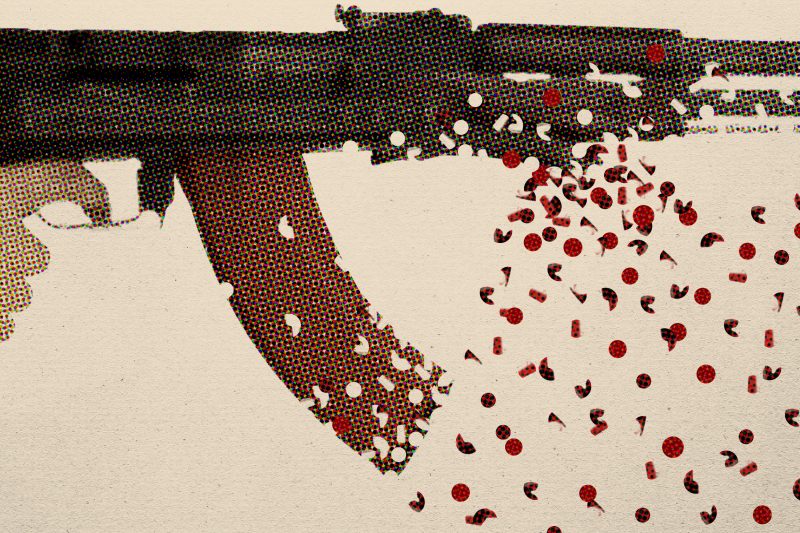Body:
The National Rifle Association (NRA) has long been a powerful force in American politics, advocating for gun rights and influencing policies at all levels of government. However, recent internal strife and excessive luxury spending have left the NRA staggering as it heads into the 2024 election.
Internal conflicts within the NRA have dominated headlines in recent years. The organization has faced numerous lawsuits, internal power struggles, and allegations of financial mismanagement. These issues have led to a decline in public trust and support for the NRA, which in turn has weakened its influence in shaping gun policies.
One of the major controversies that tarnished the NRA’s reputation was the revelation of extravagant spending by its top executives. A damning report by The New Yorker in 2019 revealed that NRA CEO Wayne LaPierre and other top officials engaged in lavish spending, using members’ dues for private jets, luxury vacations, and expensive shopping trips. This excessive spending not only infuriated NRA members but also raised concerns about the responsible stewardship of funds.
The extravagant lifestyle of NRA executives is particularly problematic because it undermines the organization’s message of defending the rights of everyday gun owners. While the NRA claims to be fighting for the interests of its members, the reports of lavish spending paint a different picture. This hypocrisy has alienated many NRA supporters and further eroded public trust in the organization.
Another challenge facing the NRA as it heads into the 2024 election is the changing political landscape. Over the past few years, there has been a surge in support for gun control measures in response to mass shootings and rising concerns about public safety. This shift in public opinion is reflected in the increased vocal support for gun control from politicians and grassroots movements.
The NRA’s strategy of opposing any form of gun control has become increasingly out of touch with the majority of Americans who are seeking common-sense gun safety regulations. This rigidity has hindered the NRA’s ability to adapt and compromise in a changing political environment, further isolating the organization from mainstream public opinion.
Moreover, the NRA’s influence in political campaigns and elections has been weakened by a decline in its financial resources. The scrutiny over its spending and legal battles have put a strain on the organization’s financial health. Contributions from corporate donors have dwindled, and several major financial partners have ended their relationships with the NRA.
This decrease in funding has had a direct impact on the NRA’s ability to support candidates in elections, particularly at the federal level. As political campaigns become increasingly expensive, the NRA’s reduced war chest limits its ability to make significant contributions or launch effective advertising campaigns in support of pro-gun candidates. This financial setback could drastically impact the NRA’s ability to shape the outcome of the 2024 election.
In conclusion, the NRA’s internal strife and excessive luxury spending have left the organization in a vulnerable position as it heads into the 2024 election. The internal conflicts, including allegations of financial mismanagement, have eroded trust among members and the general public. Additionally, the changing political landscape and the growing support for gun control have further weakened the NRA’s influence. Combined with the decline in financial resources, the NRA faces an uphill battle in maintaining its relevance and political sway in the years to come.

